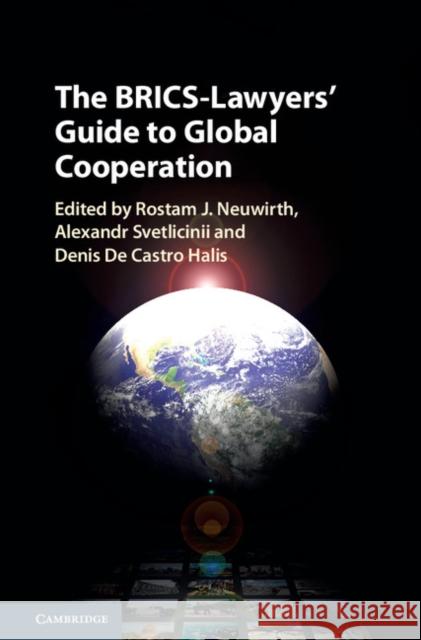The Brics-Lawyers' Guide to Global Cooperation » książka
topmenu
The Brics-Lawyers' Guide to Global Cooperation
ISBN-13: 9781108416238 / Angielski / Twarda / 2017 / 408 str.
The Brics-Lawyers' Guide to Global Cooperation
ISBN-13: 9781108416238 / Angielski / Twarda / 2017 / 408 str.
cena 525,98
(netto: 500,93 VAT: 5%)
Najniższa cena z 30 dni: 516,94
(netto: 500,93 VAT: 5%)
Najniższa cena z 30 dni: 516,94
Termin realizacji zamówienia:
ok. 22 dni roboczych.
ok. 22 dni roboczych.
Darmowa dostawa!
Explores the role of law in different areas of BRICS cooperation and the impact they can make on global governance.











